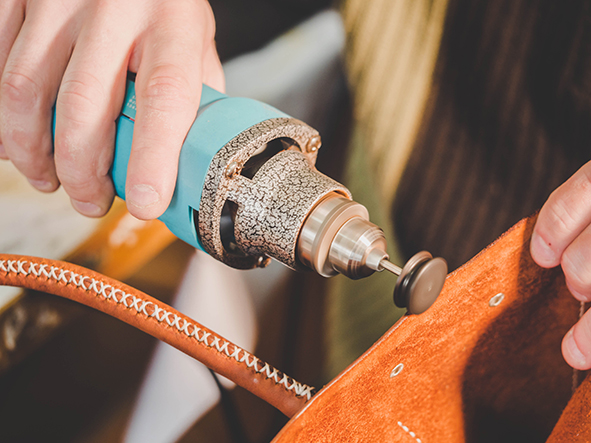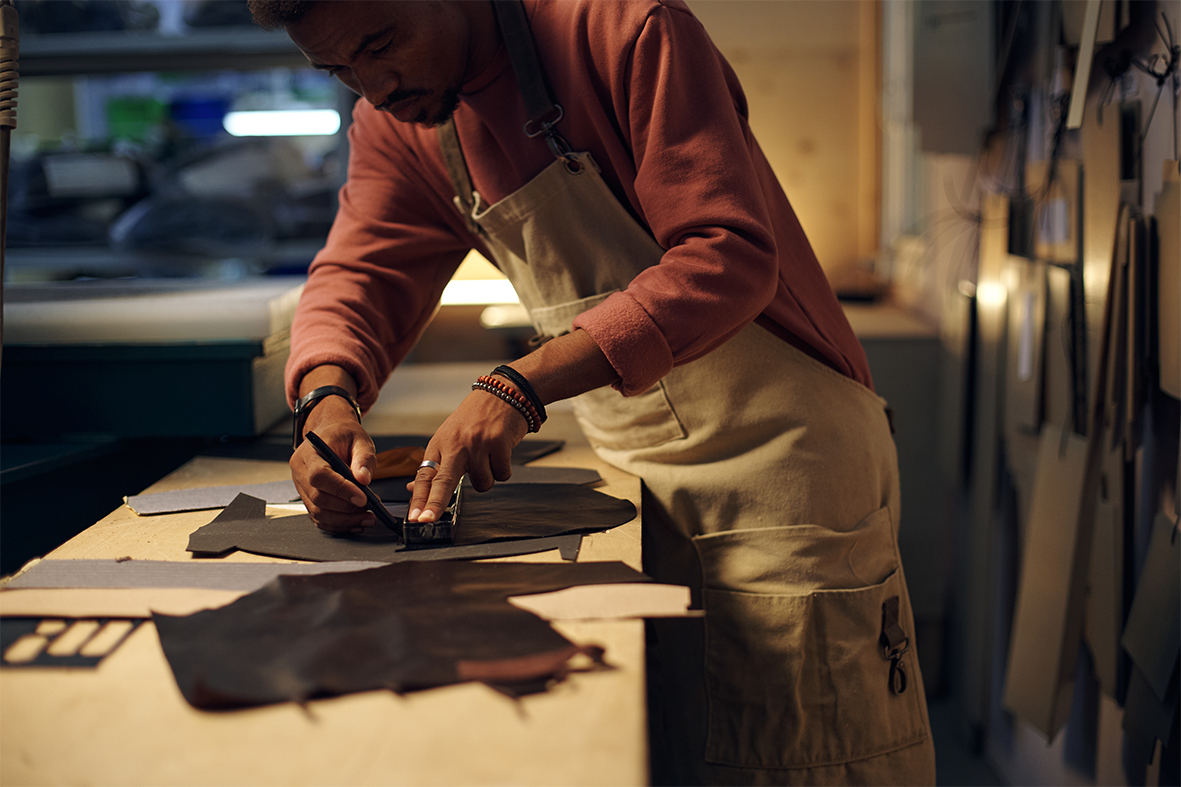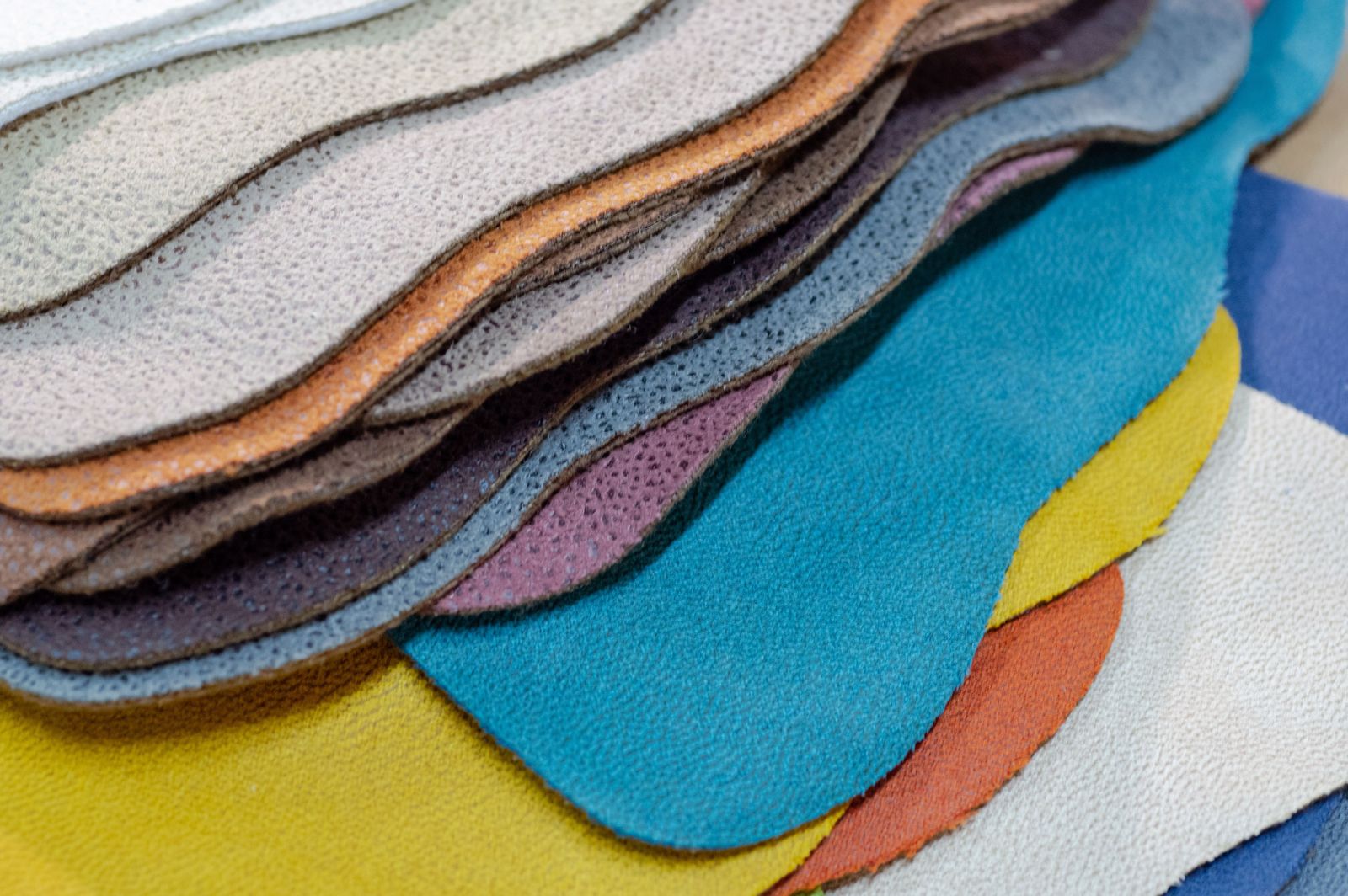
UK–India Free Trade Agreement Could Revolutionize Indian Leather Exports
Blog Thread SAF-02:03062025
🌍 UK–India Free Trade Agreement: A New Era for Indian Leather Exports The ongoing negotiations for a Free Trade Agreement (FTA) between the United Kingdom and India mark a significant milestone in global commerce. While the agreement promises broad trade benefits, one sector poised to thrive is India's leather and leather goods industry—a legacy craft sector with a strong export footprint. As global supply chains pivot toward resilience, transparency, and sustainability, India’s leather sector finds itself at a turning point—ready to elevate its global standing, particularly in the British market.
👜 India’s Leather Industry at a Glance India is a global powerhouse in leather production: * 2nd largest producer of leather garments and footwear * 5th largest producer of processed leather pegged at around 1.4 billion square.ft. * Exporter to over 100 countries, including the UK, USA, Germany, and Italy * Key products: Footwear, bags, belts, wallets, garments, and finished leather * UK accounts for ~10% of India's total leather exports Yet, high tariffs—up to 10% on leather goods in the UK—have traditionally made Indian products less competitive than counterparts from countries with preferential trade agreements.
🤝 The Promise of the UK–India FTA The FTA aims to reduce or eliminate tariffs, ease customs procedures, and recognize mutual standards. For Indian leather exporters, this could unlock a new phase of growth.
✨ Key Benefits for Indian Leather Exporters:
1. Tariff Elimination Indian leather goods will become more price-competitive in the UK, boosting demand across both premium and mass-market segments.
2. Improved Market Access Simplified procedures, faster clearances, and smoother logistics will help Indian products enter UK retail channels more efficiently.
3. Recognition of Standards With mutual recognition of certifications (e.g., ISO, LWG, REACH), exporters can avoid costly delays and duplicative testing—streamlining time to market.
4. Boost to MSMEs & Artisan Clusters Smaller manufacturers and artisan cooperatives in states like Tamil Nadu, West Bengal, and Uttar Pradesh can leverage global exposure, increase volumes, and modernize operations.
5. Sustainability & Innovation Incentives UK demand is increasingly eco-conscious. This creates an opportunity for Indian tanneries and manufacturers to invest in green processes, ethical sourcing, and traceability tools, making their products more attractive to global buyers.
📈 What the Future Holds Experts estimate the FTA could lead to a 15–20% annual rise in leather exports to the UK. In addition to economic benefits, this could:
* Generate jobs across India’s leather belt
* Encourage joint ventures and foreign investment in Indian leather hubs
* Position India as a reliable and responsible sourcing destination
* Promote alignment with global climate and social compliance goals
🌿 Aligning with Global Values To fully capitalize on this trade opening, Indian exporters must embrace:
* REACH compliance for chemical safety
* LWG certification for sustainable tanning
* Transparent supply chains through digital traceability
* Commitment to worker welfare and fair labor practices
These practices don’t just open markets—they build lasting brand trust in competitive global arenas.
Conclusion: - The UK–India Free Trade Agreement is more than just a trade facilitation pact—it’s a chance for the Indian leather industry to reimagine its role in the global marketplace. With the right alignment of craftsmanship, compliance, and innovation, Indian leather can stand at the crossroads of heritage and modernity—crafted locally, trusted globally.




